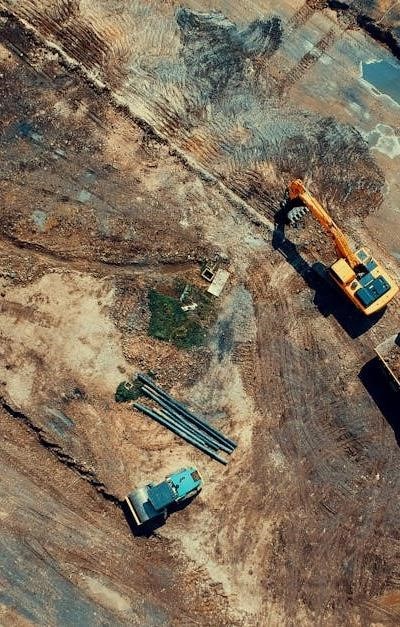
Often affectionately called “dump shops,” thrift stores, resale shops, and donation centers are far more than just places to find secondhand goods at incredible prices․ They represent a powerful network of community support, sustainable shopping, and social impact․ This article explores the multifaceted role these establishments play, focusing on community involvement and the benefits they bring to the local economy․
The Ecosystem of Reuse & Giving Back
At their core, these shops facilitate reuse and recycling, directly contributing to waste reduction․ Instead of items ending up in landfills, they’re given a second life․ But the impact extends far beyond environmental benefits․ Many are operated by local charities and non-profit organizations, making them vital for fundraising and providing public benefit․ Store donations – including clothing donations, household goods, and even furniture donations – fuel this cycle․
Beyond Affordable Retail: A Hub for Community
These aren’t simply outlets for affordable retail or bargain hunting․ They are increasingly becoming hubs for community outreach and neighborhood initiatives․ Many offer:
- Volunteer Opportunities: A chance for individuals to contribute their time and skills․ Volunteerism strengthens community bonds․
- Job Training & Workforce Development: Some organizations use the shops to provide valuable job training, equipping individuals with skills for future employment․
- Community Events: Sales, workshops, and other events draw people together and foster a sense of belonging․
- Local Partnerships: Collaborations with other organizations to address community needs․
The Role of Different Shop Models
The landscape of secondhand retail is diverse:
- Thrift Stores: Typically operated by charities, prioritizing charitable giving․
- Resale Shops: May be for-profit or non-profit, often focusing on specific items (e․g․, furniture)․
- Consignment Stores: Individuals earn a percentage of the sale price of their items․
- Donation Centers: Primarily focused on receiving and sorting donations for distribution․
Each model contributes to the overall goal of extending the life of goods and supporting the community․
Strengthening the Local Economy
By keeping money circulating within the community, these shops bolster the local economy․ They provide affordable options for residents, freeing up income for other local businesses․ The revenue generated often directly supports vital programs and services offered by local charities․
Getting Involved: How You Can Help
There are numerous ways to support these valuable resources:
- Donate: Clear out your unwanted items and donate them to a reputable organization․
- Shop: Embrace sustainable shopping and find unique treasures․
- Volunteer: Give your time and skills to support the operation․
- Spread the Word: Tell your friends and family about the benefits of shopping secondhand․
- Support Local Partnerships: Encourage businesses to collaborate with these organizations․
“Dump shops” are a testament to the power of giving back and the importance of community support․ They are not just about finding a good deal; they are about building a stronger, more sustainable, and equitable community for all․
Total Characters: 3744



This is a wonderfully comprehensive look at the importance of thrift stores! It